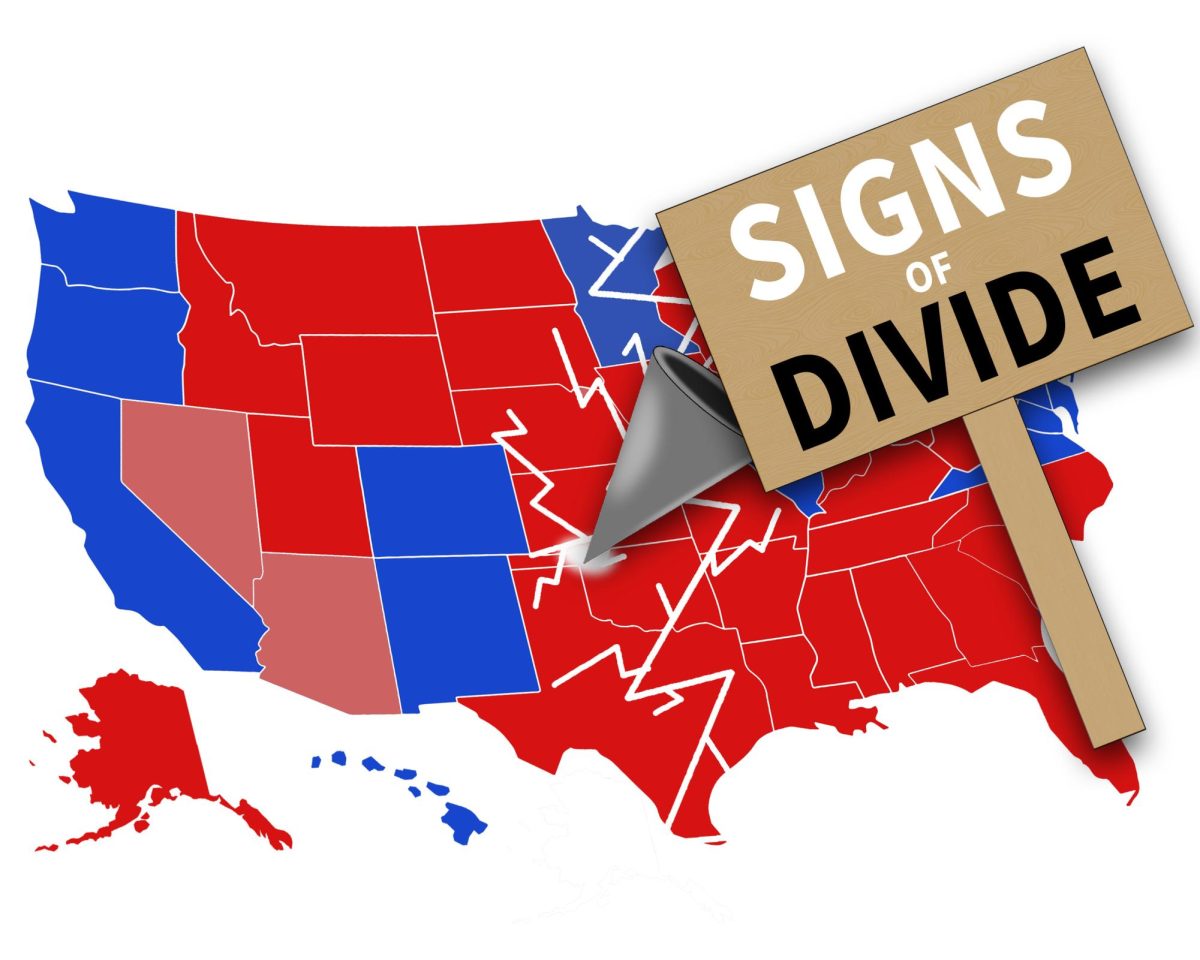Every year, Hispanic Heritage Month sparks debate on the meaning of the celebration, who it’s for exactly and what “Hispanic” even refers to.
Being a United States born Mexican-Filipino whose competency in my family’s native languages is embarrassingly poor, the weight of my opinion may not immediately be perceived as authoritative.
However I identify, my family will always be the first to call me “¡no sabo!” Regardless, many of us in the diaspora rarely find terms such as, “Hispanic” or “Latino” useful in helping us discern our own identities, but when we enter predominantly white institutions and spaces we quickly find out how incredibly useful they are for others to use to identify us.
We could have a deeper discussion over how language reproduces and reifies social constructs of difference, racial binaries and in-groups and out-groups, i.e. us versus them thinking. However, for now, let’s focus on the problems with the term “Hispanic” and how our communities will never overcome them as long as we anchor ourselves in a worldview and framework of identity.
First, “Hispanic” is western centric and leaves little room for Black and Indigenous people.
On top of excluding a whole host of people, everyone in the intended population ends up being assimilated into one homogenized mass under “Hispanic.”
By emphasizing the Spanish in Hispanic identity, we give credence to the subtle implication that we owe the creation of our identities to European Spanish colonialism. It’s for that reason that I stopped using the term a long time ago.
The historic reality of Black, Indigenous and even Arab and Asian people in the region tells us we have plenty more we should be proud of. Yet at the same time, many in our communities willingly identify as Hispanic.
The intra-communal debates tend to consider how these terms have been imposed onto us and, on the other hand, how our communities have embraced and incorporated them into our identities.
Furthermore, these debates are regularly instigated by corporations, politicians and institutions who endorse and commercialize such yearly celebrations. Rather nefariously, many institutions weaponize celebratory months as public relations tools in order to brand their image as more progressive and inclusive than they really are.
These tactics are performative at best and whitewash ongoing inequality at worst. All too often, these messages of diversity become solely words rather than actions. Pretty words with no intention of implementation is how the illusion of progress is perpetuated.
No more bread crumbs. Having a Taco Tuesday is not progress.
That being said, we still have plenty to celebrate, and I suggest we start with the Haitian, Cuban and Bolivarian revolutions.
If we want to move forward, we have to go beyond identity and unite around the triumph of our peoples’ struggle over poverty and injustice, not empty promises of inclusion. We should start talking about class.
It is not enough for our culture to be seen and heard. We have to have the needs of our people met. We should reject the surface level engagement with our culture and its reduction to commodities of consumption.
So personally, I think I’m going to sit this Hispanic Heritage Month out.
We don’t need another corporate holiday to honor and celebrate our culture when we live it everyday.
Jason Farias can be reached at 581-2812 or jsfarias@eiu.edu.





































































